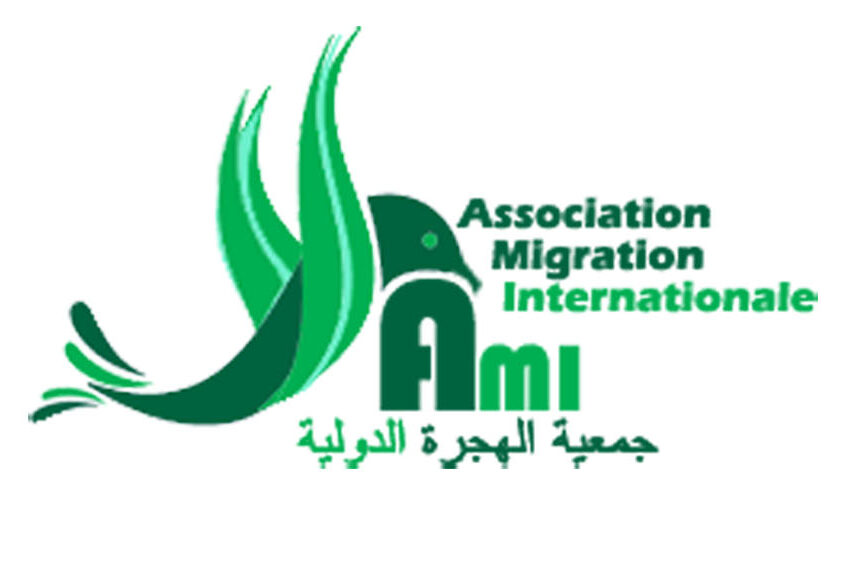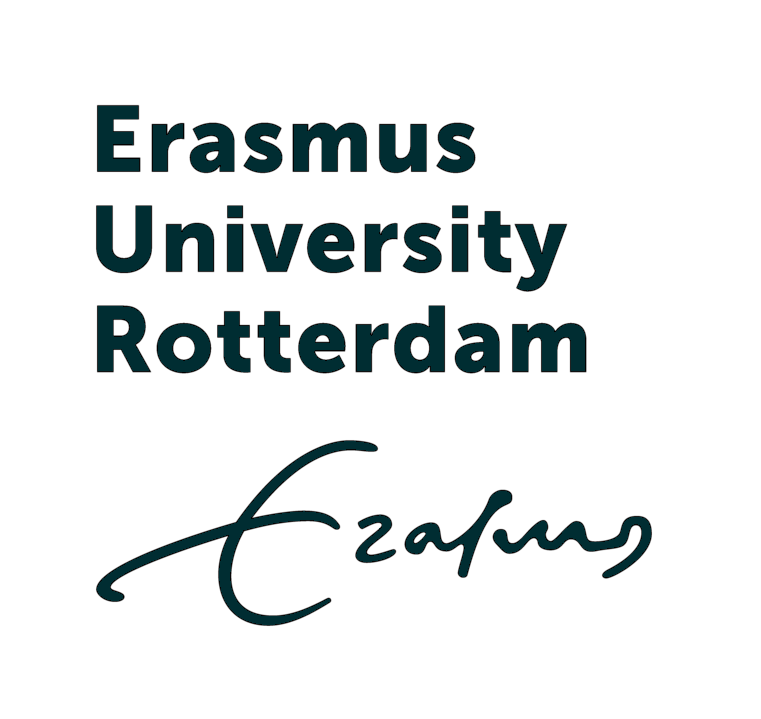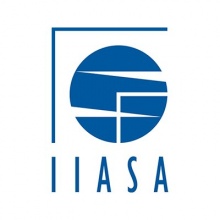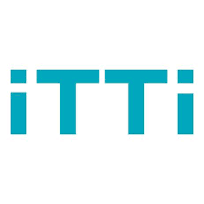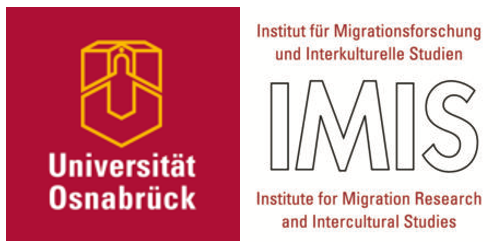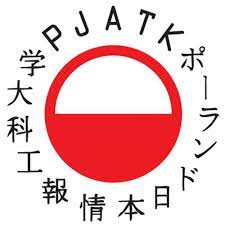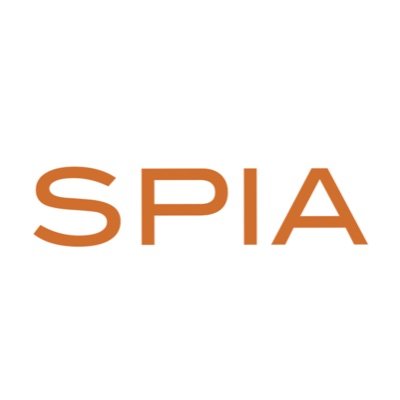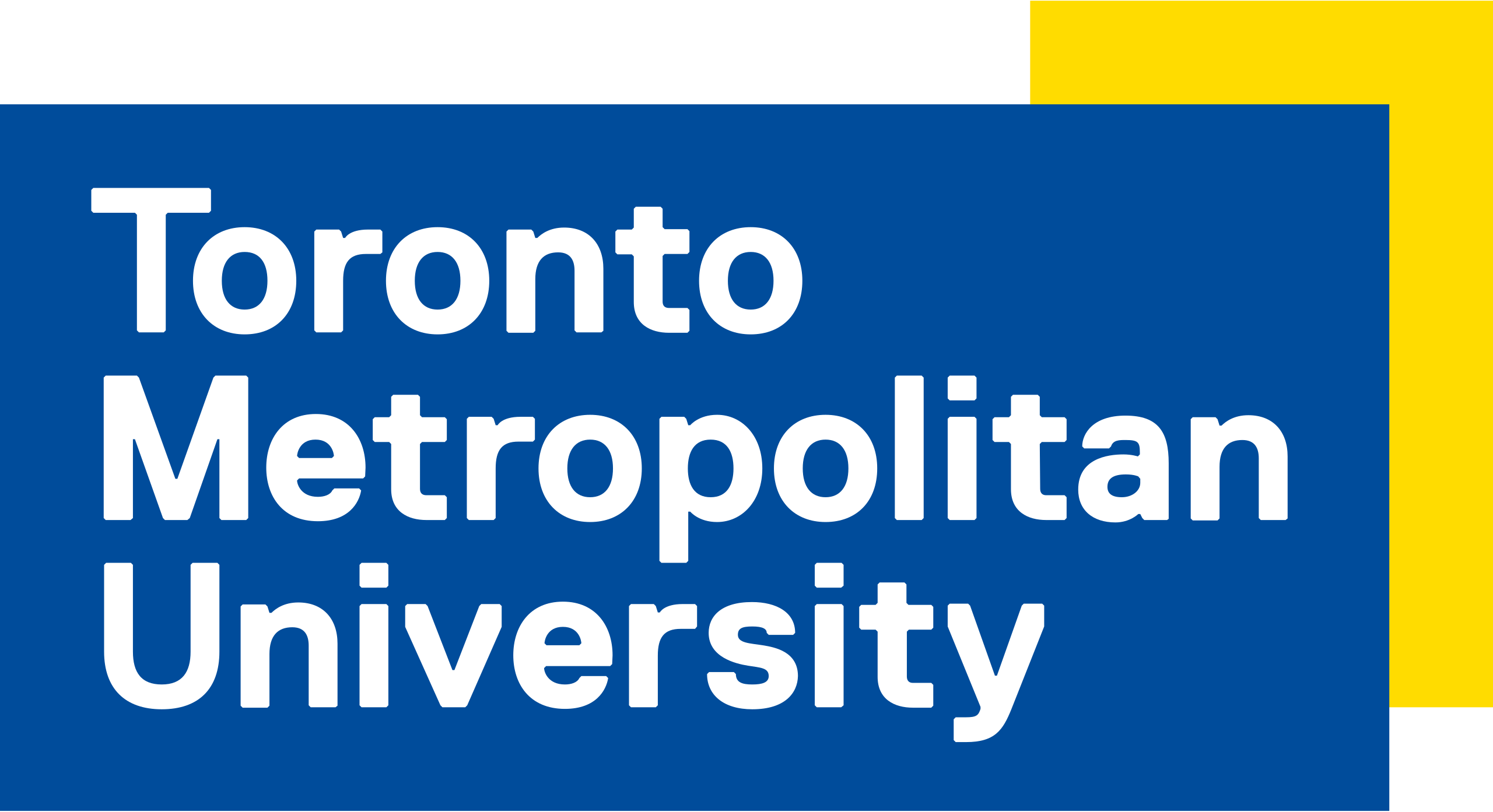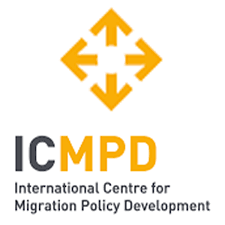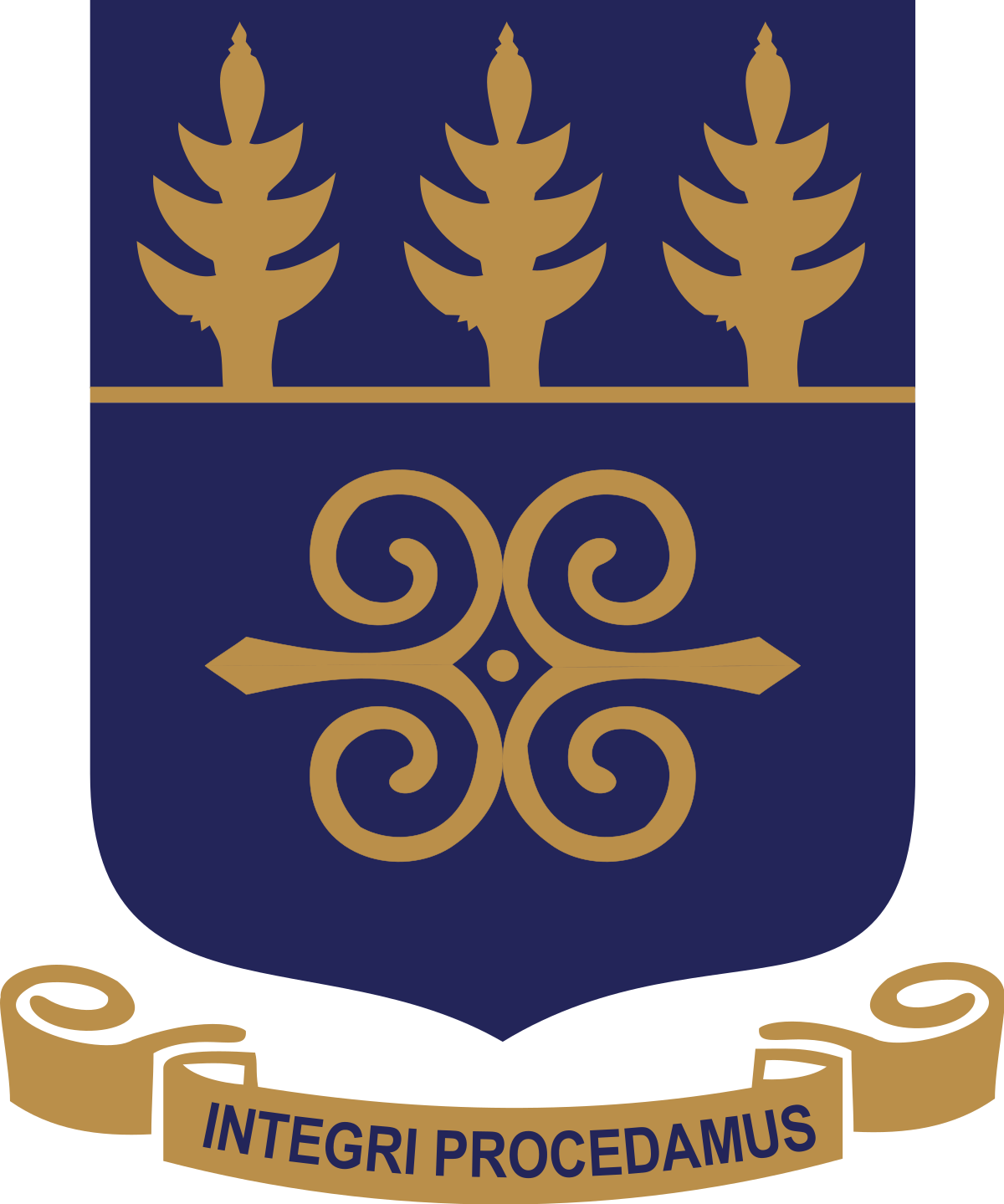Our mission
Link4Skills addresses the global challenge of skill shortages and mismatches through innovative, sustainable solutions that foster fair skill utilization and exchange across continents.

Link4Skills addresses the global challenge of skill shortages and mismatches through innovative, sustainable solutions that foster fair skill utilization and exchange across continents.

Focusing on Europe, Africa, Asia, and America, the project seeks to bridge the gap between skill supply and demand by supporting re/up-skilling, promoting automation, and encouraging migration as policy options.
Focusing on Europe, Africa, Asia, and America, the project seeks to bridge the gap between skill supply and demand by facilitating re/up-skilling, promoting automation, and encouraging migration as policy options.
Link4Skills is creating an inclusive, participatory policy decision-making environment by integrating a diverse range of stakeholders, including EU decision-makers, inter-governmental institutions, national and subnational decision-makers, employers organizations, employees organizations, and civic society co-development institutions.
Link4Skills is creating an inclusive, participatory policy decision-making environment by integrating a diverse range of stakeholders, including EU decision-makers, inter-governmental institutions, national and subnational decision-makers, employers organizations, employees organizations, and civic society co-development institutions.
By integrating a diverse range of stakeholders, including EU decision-makers, inter-governmental institutions, national and subnational decision-makers, employers’ organizations, employees’ organizations, and civic society co-development institutions, Link4Skills endeavours to create an inclusive, participatory policy decision-making environment.
The project’s acronym reflects linking 4 fair skill utilisation and exchanges between origins and destinations:
Link4Skills addresses three main policy challenges:
Link4Skills addresses three main policy challenges:
In collaboration with labor market stakeholders we are co-creating an AI-Assisted Skills Navigator to aid decision-making and support mutually beneficial skill flows. The Navigator will be an open access system available to the public and designed to support the needs of governments, employers, and vocational training organisations.
In collaboration with labor market stakeholders we are co-creating an AI-Assisted Skill Navigator to aid decision-making and support mutually beneficial skill flows. The Navigator will be an open access system available to the public and designed to support the needs of governments, employers, and vocational training organisations.
Our research consortium is made up of 14 partners in 10 countries, six of which are non-EU states. For more about us and how each partner contributes to the project, check out our profiles below.
These profiles are based largely on information provided by the partners themselves for our “meet the partners” series on LinkedIn, our main social-media channel.
Our research consortium is made up of 14 partners in 10 countries, six of which are non-EU states. For more about us and how each partner contributes to the project, check out our profiles below.
These profiles were created using information provided by the partners themselves for our “meet the partners” series on LinkedIn, our main social-media channel.
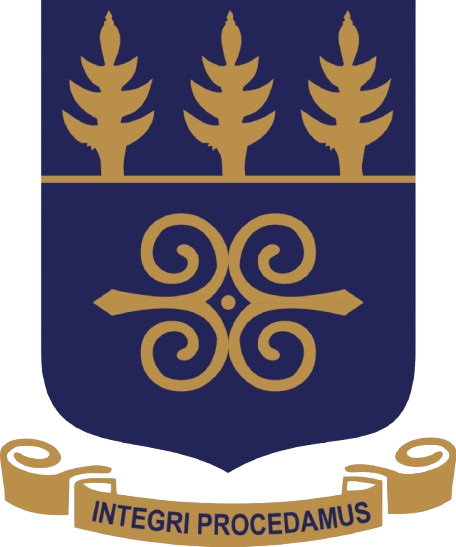
Ghana


